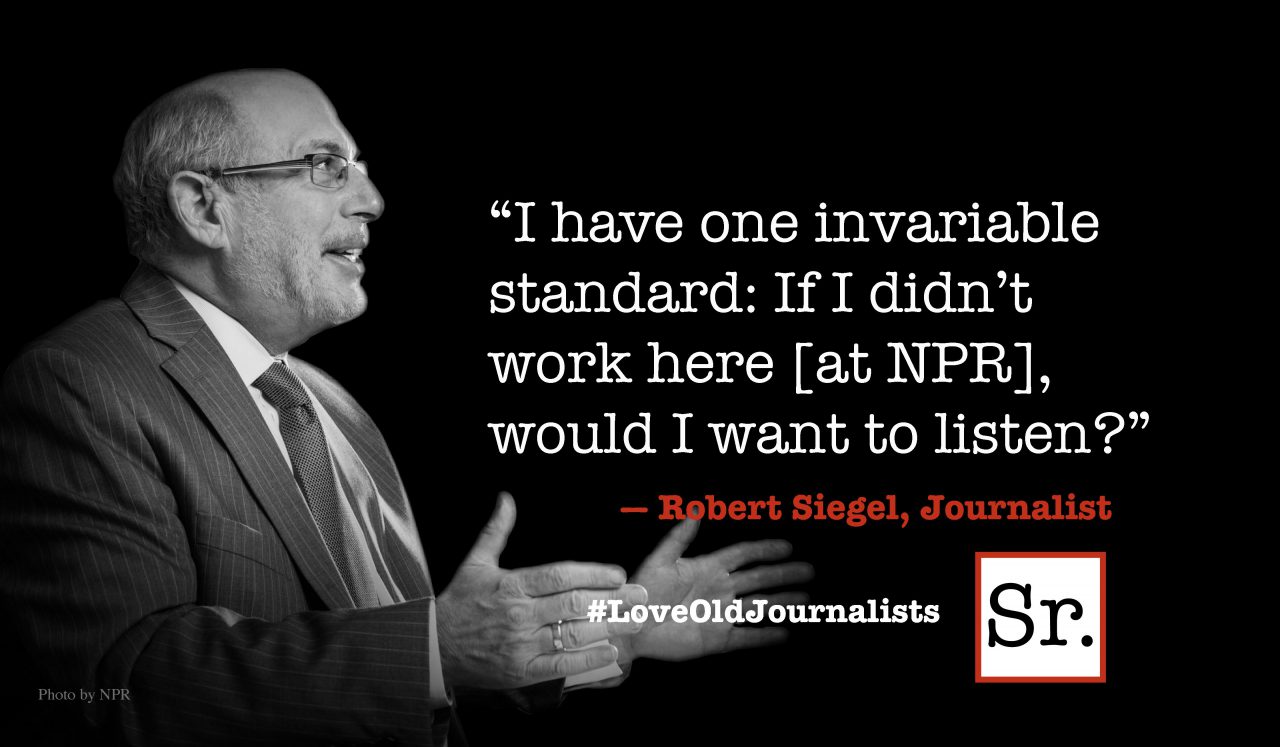A few weeks ago, Hassan Rouhani, the newly elected president of Iran, stunned the United Nations with a sunburst of conciliation. No nuclear weapons; a willingness to do almost anything to have the economic sanctions reduced; a firm pledge to negotiate all outstanding difficulties. It was a 180-degree pivot from the thunderstorm of vindictive rhetoric that usually accompanied the speeches by the former president, Mahmoud Ahmadinejad.
Those who heard it had every right to be skeptical. Iran’s long-term hostility, her “Death to America” war chants, her seeming determination to enter the nuclear weapons age, her continued diatribe against Israel, all raised more than just suspicion that this new, kind face was only a mask. The Israeli prime minister, Benjamin Netanyahu, called the Iranian president a wolf in sheep’s clothing. It was almost universally agreed that these gentle remarks needed to be backed up with honest action and verifiable results. Reluctance to take the overture at face value was widespread in Washington and elsewhere.
But what if Rouhani was telling the truth? What if rhetoric was to be backed up with policy changes sanctioned by Ayatollah Khamenei, Iran’s supreme leader? What if Iran has finally realized that even if it could obtain a nuclear bomb, or just the capacity to build one, it would have no chance to survive with Israel in the vicinity — a U.S.-backed nation with dozens of bombs?
What if President Obama’s strategy proved correct, and the stringent sanctions imposed on Iran had actually worked? And what if the bellicosity from both Iran and Israel could now be discounted as no longer workable or even useful strategies? The world just might be on the edge of a whole new new peaceful resolution to a handful of Near Eastern problems. Isn’t taking seriously this new face, while keeping a sturdy skepticism, worth the risk?
The resistance to any effort at reconciliation will come not only from skeptics but from that part of the American leadership that doesn’t want the relaxation of war-producing tensions and is convinced that armed belligerence is the best answer to all the world’s problems. These are the same people who got us into Vietnam — a war we could not and did not win; who then dragged us into the quagmires of Iraq and Afghanistan. To a hammer everything looks like a nail.
Perhaps some accommodation with Iran might lead to a possible solution to the Palestinian/Israeli conundrum. This might even mean the United States devising a less one-sided support of Israel. After all, Israel’s continued occupation of land that is not theirs, in violation of policies established by the United Nations, keeps the entire Near East in continual ferment. It has been Israel that not only has a sturdy supply of nuclear weapons but is the only nation that has threatened to use them — against Iran! If the Iranian situation could be eased, the United States might have less cause to support Israel’s belligerency.
While President Obama has repeatedly called for the exit of the Assad regime in Syria, it has become increasingly clear that mixed in with the rebels is a heavy concentration of radical Islamic forces, long since enemies of the United States. It might be noted that this fresh, hopeful turn in Iranian rhetoric has driven the Syrian situation off the front page. This lull might offer saner heads the opportunity to find some negotiated way through the impasse created by Syria’s civil war.
None of the complex of problems plaguing the Near East can be seen in isolation from a bundle of other issues. Having unraveled one, in this case the Iranian situation, the opportunity to unsnarl a hopelessly tangled mess might be the opportunity of the century.
At least, one may hope so.








